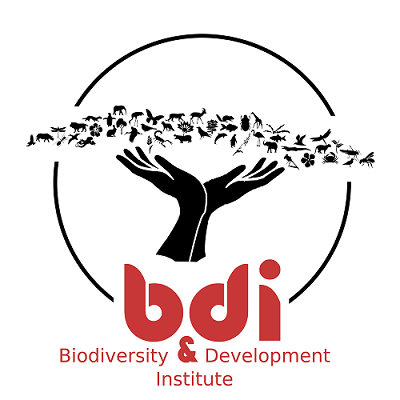Imagine. You are a new postgraduate student on Robben Island. You know you have lots of predecessors, and that you need to read up on all the research has already been done. We have news for you. You can easily download electronic copies of all the publications.of these researchers onto your computer! You are in researcher heaven.
You can download the Excel spreadsheet of all these papers here. It lists more than 200 publications. The total size is a shade under 4GB. It includes papers, theses, honours projects, reports, etc. The focus is mainly on birds, because most of the research has related to seabirds. But we have tried to be as comprehensive as possible. Once you have the spreadsheet downloaded, it empowers you to do sorts on the fields that interest you.
Unfortunately, because many of the publications are not Open Access, we are not able to simply upload the publications to a website from which you can download them. There are complete sets of the pdfs of the publications at the University of the Western Cape-Robben Island Museum Mayibuye Archives and at the Niven Library, Fitzpatrick Institute, University of Cape Town. Currently, the contact people are André Mohammed and Janine Dunlop, respectively. There are also a complete set of the pdfs with the seabird researchers at the Branch: Oceans and Coasts of the Department of Forestry, Fisheries and the Environment, Cape Town (contact Makhudu Masotla). There is set at the Centre for Ecology and Conservation, University of Exeter, Penryn Campus, Cornwall, UK (contact Richard Sherley). I can also send you a set of papers using WeTransfer (contact les<at>thebdi.org).
We will endeavor to keep the spreadsheet up-to-date, so that whenever you download it, you get a current version. Likewise, we will try to make sure that the sets of pdfs remain up-to-date. It will help if you alert me to new papers, and send me a pdf. If you find glitches in the spreadsheet, please also let me know.
The blog is written in conjunction with a paper in the journal Biodiversity Observations. The paper provides more background to this exercise, and is available here.


